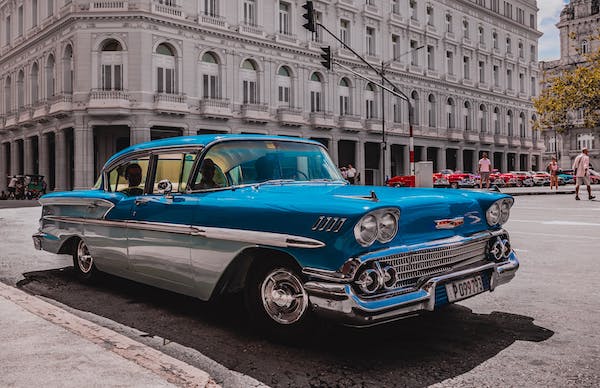Most people think of addiction as being limited to drugs and alcohol, but addiction can cover a wide array of behaviors and experiences. The world of luxury addiction is one of the most common and pervasive forms of addiction. Luxury addiction is characterized by the continual pursuit and acquisition of high-priced, luxurious items and experiences, typically beyond an individual’s financial resources.
 The items most associated with luxury addiction are status symbols like jewelry, expensive clothing, cars, and vacations to exotic locales. While luxuries are more common today than in decades past, the psychological aspects of luxury addiction remain. Luxury addicts may feel a need or compulsion to purchase luxury items that they cannot afford and take out loans or resort to financial scheming to finance them.
The items most associated with luxury addiction are status symbols like jewelry, expensive clothing, cars, and vacations to exotic locales. While luxuries are more common today than in decades past, the psychological aspects of luxury addiction remain. Luxury addicts may feel a need or compulsion to purchase luxury items that they cannot afford and take out loans or resort to financial scheming to finance them.
The psychological effects of luxury addiction differ from person to person. Generally, the motivations behind luxury addiction are complex and often related to a person’s self-worth or social standing. Many luxury addicts feel a need to show they have an elevated status or to prove they are “better” than others by owning more expensive items. Some individuals purchase costly objects as a form of ego-boosting, while others may be filling a void left by unconventional upbringings or perpetuating a cycle of low self-esteem passed down from previous generations.
Although purchasing expensive items and experiences may provide short-term pleasure, the long-term effects of luxury addiction can be devastating. On a financial level, individuals can overextend their budgets and amass unsustainable levels of debt in the process. Mental distress and anxiety can take hold, sapping a person’s confidence and self-image. There can also be a sense of shame, offering guilt and regret for the “unnecessary” purchases that were made.
Luxury addiction often occurs together with other types of addiction. Substance misuse and compulsive gambling are especially closely associated with luxury addiction. In fact, the two behaviors often support each other, as addiction-related losses can drive people toward purchasing status symbols to feel better about themselves.
For those struggling to overcome potential luxury addiction, the initial step is to identify and address the underlying psychological factors. Professional help may also be needed to provide practical guidance and the necessary coping tools to help those affected make better decisions in the future.
Finally, one measure that can be taken to reduce the risk of luxury addiction is to implement a budget. This will not only help to keep spending in check, but it will also give individuals an awareness of how much money is available for monthly bills and other necessary items. People should also remember that material possessions and experiences do not always guarantee happiness. The need for comfort or self-esteem should be attained through more meaningful sources, such as dedication to family and personal growth.